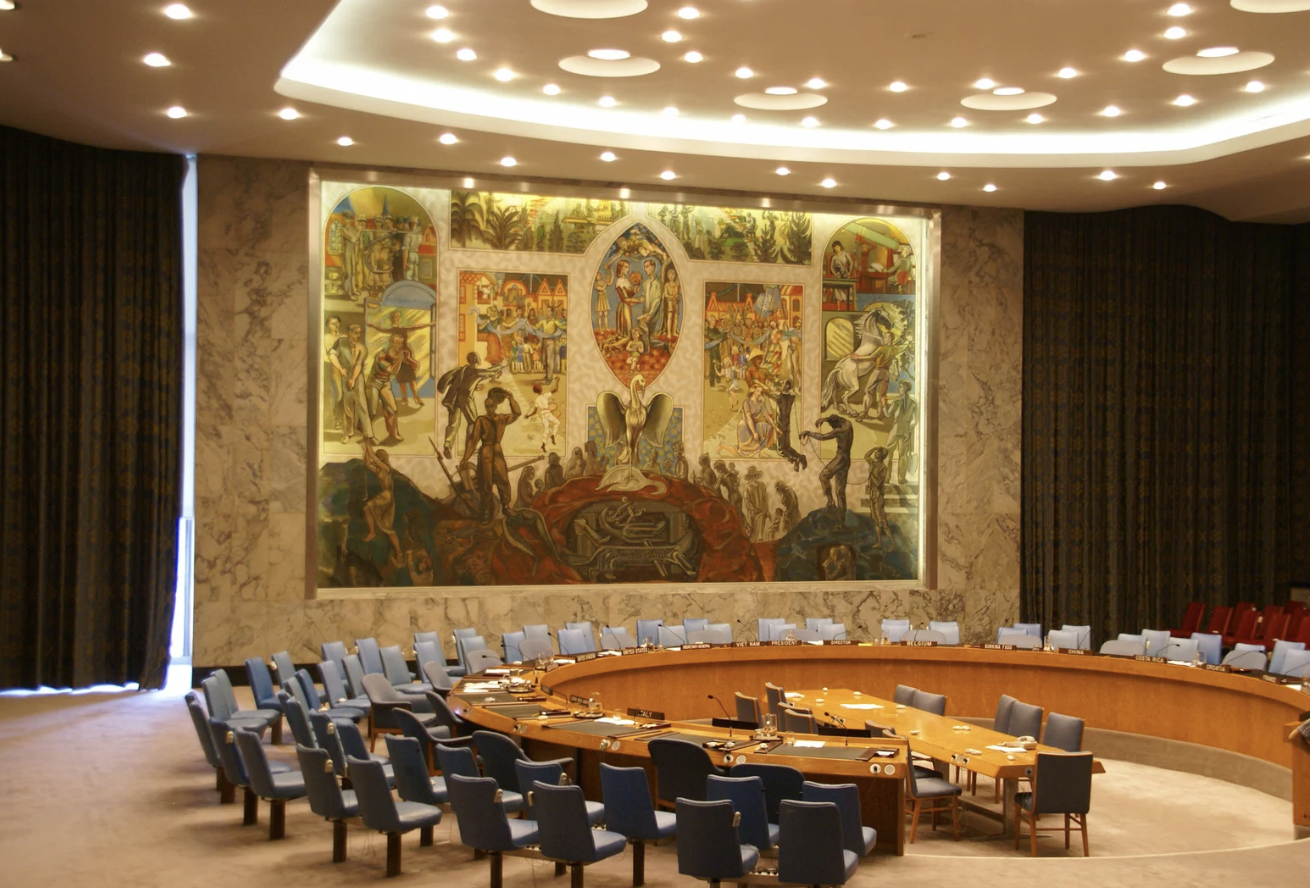Anúncios
On Monday, during COP28, activists said that decision-makers should do more to address women’s particular needs and embrace the unique knowledge and skills that women bring to the table in order to counteract the disproportionate consequences of climate change on women.
The United Nations climate conference is currently taking place in Dubai, the capital of the United Arab Emirates. During the opening week of the conference, a diverse group of women leaders and activists have spoken out against the gender gap and the escalating effects of climate change on girls and women.
Women aren’t always able to contribute their full potential to climate solutions because of preexisting gender stereotypes, existing inequities, and their uneven involvement in decision-making processes. Unsettlingly, according to a UN Women research released today, 236 million more women and girls may experience food insecurity and 158 million more might fall into poverty by the year 2050 as a result of climate change.
On ‘Gender Equality Day’ at COP28, however, women changemakers demonstrated how they are leading the effort, so there is hope: women can and do play a significant part in climate solutions.
Gathered at Creator Hub for a panel discussion on the ‘Women Rise for All’ platform, the UN Office of Partnerships highlighted women’s leadership in scaling up sustainable solutions in line with the Paris Agreement.
Climate action spearheaded by women
The fight against climate change is being led by women. United Nations Deputy Secretary-General Amina Mohammed said in her video comments that many people are working to maintain the 1.5 degrees Celsius objective, including scientists, parliamentarians, indigenous leaders, and young activists.
United Nations Women’s Chief Economic Empowerment Officer Jemimah Njuki echoed this sentiment, saying, “Our world is going to be better for it if we can give women and girls the resources – including the financial resources – to do more.”
The female panellists emphasized that they would be carefully watching the climate talks at COP28, especially on the financing of the just energy transition, the “phasing out” of fossil fuels, and the “phasing in” of renewable energy sources.
Deputy UN head emphasized that women are the driving force behind ambitious climate action in more places than anywhere else, including their communities, cities, nations, and regions.
In keeping with the day’s theme, programs showcased the ways in which women are defending livelihoods, saving lives, and delivering solutions—solutions that are influencing change thousands of kilometers away from the conference site.
During her remarks at COP28, UN Women Executive Director Sima Bahous emphasized the need of putting women’s and girls’ rights first in climate action. We need to make sure that women can sit at the table of power.
According to her, it is crucial to enhance inclusive decision-making processes in order to ensure that grassroots groups such as feminists, young, indigenous, and others are able to make their views heard clearly on a global scale.
Held in the Al Waha Theater in Dubai, United Arab Emirates, at the UN Climate Change Conference COP28, UN Women Executive Director Sima Bahous addresses the High-Level Dialogue on Gender-Responsive Just Transitions & Climate Action.
“Not gender-neutral” climate catastrophe
Greg Puley, chief of the United Nations’ humanitarian affairs office (OCHA) and climate lead, expressed his dismay at the “grave injustice” of those most directly affected by the climate disaster being “at the back of the line” when it came to receiving funds to address the issue.
Donors and humanitarians must be “laser-focused” on the unique needs of women and girls in the response to the climate disaster, he said, since the issue is not gender-neutral.
Seeking true parity
A ‘blue carbon’ initiative to preserve and revive coastal mangrove forests in the Sinú River basin of Colombia has been ongoing for a number of years, spearheaded by Ignacia de la Rosa, a prominent figure in the San Antero community in the Cispatá area of the country.
Mangrove forests serve several purposes: as fish nurseries, storm surge barriers, wood suppliers (for construction and cooking), and environmentally friendly ways to reduce greenhouse gas emissions.
Mangroves were under tremendous stress in her town, according to Ms. De la Rosa, who spoke to UN News, because of agriculture, cattle ranching, and the chopping down of mangroves for construction and building materials.
So, a major obstacle for her is managing the forest sustainably so that her community may remain enjoying its advantages, people can stay linked to their woods, and people can live and work in the forests.
Her innovative approach to mangrove conservation has not only preserved a valuable natural resource, but also attracted ecotourists and birdwatchers, who are a boon to the local economy.
However, she had other obstacles as well. She spoke via an interpreter about the sexism and racism she encountered, as well as the times she was the only woman fighting for mangrove conservation measures in a room full of 200 males.
Regarding gender equality, Ms. De la Rosa expressed her disappointment that a lot has not changed. Even if there are more female representatives, race and gender bias are still very much prominent.
“Real equality will not be achieved until much more work is done.”




